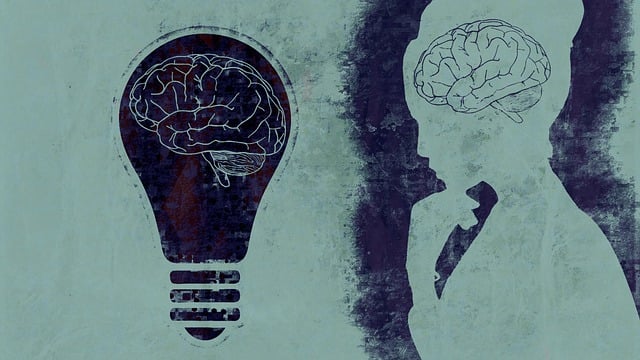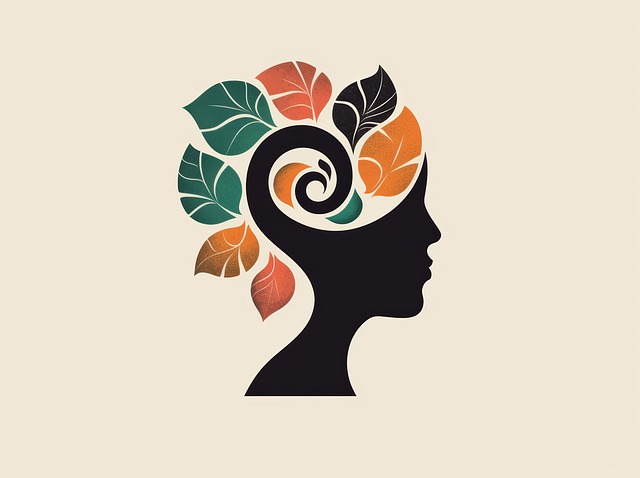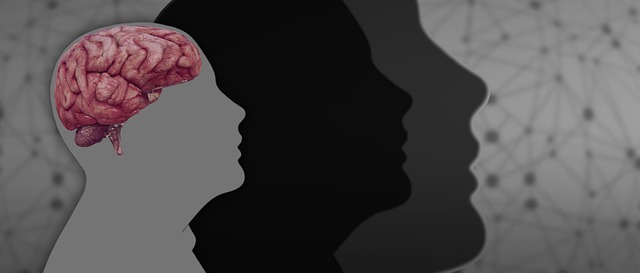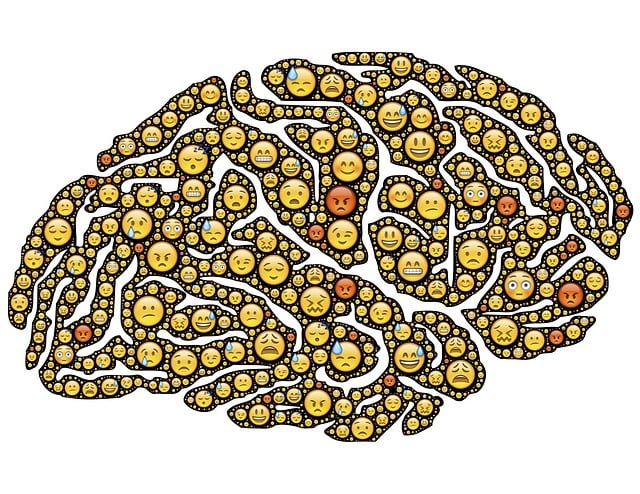In a multicultural world, Centennial EMDR Certified Therapy offers a key solution for effective mental healthcare. By combining Mind Over Matter principles with culturally responsive practices, this approach bridges gaps and ensures tailored care for diverse patients. Therapists challenge personal biases, adapt their methods, and use techniques like Eye Movement Desensitization and Reprocessing (EMDR) to facilitate emotional processing and coping skills development. This inclusive framework aligns with Mental Health Policy Analysis efforts, fostering a compassionate healthcare system that respects all ethnic heritages and enhances therapeutic outcomes.
Cultural sensitivity is an essential aspect of providing effective mental healthcare, ensuring equitable access and positive outcomes for all. This article explores the intricate relationship between cultural competency and mental health practice. We delve into the significance of understanding diverse cultural contexts, particularly through the lens of Centennial EMDR Certified Therapy, in addressing unique challenges. Additionally, we discuss strategies to overcome barriers and offer practical insights for incorporating cultural sensitivity into treatment plans, fostering inclusive and transformative therapeutic environments.
- Understanding Cultural Sensitivity in Mental Healthcare
- The Role of Centennial EMDR Certified Therapy
- Overcoming Barriers to Culturally Competent Practice
- Strategies for Incorporating Cultural Sensitivity in Treatment Plans
Understanding Cultural Sensitivity in Mental Healthcare

Cultural sensitivity in mental healthcare is an essential aspect that often determines the effectiveness of treatment. It involves recognizing and appreciating the diverse cultural backgrounds, beliefs, and values of individuals seeking therapy. In today’s globalized world, where interactions are increasingly multicultural, mental health professionals must be adept at navigating these complexities to provide quality care. This requires a deep understanding of different cultural norms, practices, and perceptions surrounding mental health and illness, which can significantly impact the therapeutic process.
For instance, a Centennial EMDR Certified Therapist might employ tailored communication strategies and crisis intervention guidance to address the unique needs of an individual from a culturally diverse background. By incorporating emotional regulation techniques that resonate with their cultural identity, therapists foster a safe and supportive environment. This approach not only enhances the therapeutic relationship but also ensures that interventions are culturally appropriate, thereby increasing the likelihood of positive outcomes for all clients, regardless of their ethnic or cultural heritage.
The Role of Centennial EMDR Certified Therapy

In today’s diverse and interconnected world, cultural sensitivity is paramount in mental healthcare practice. The Centennial EMDR Certified Therapy approach plays a pivotal role in bridging cultural gaps and providing effective treatment. This therapy leverages the Mind Over Matter principles to address complex psychological trauma, incorporating culturally responsive practices that ensure every patient receives care tailored to their unique background and experiences.
By integrating these strategies, mental health professionals can conduct thorough Risk Assessments for Mental Health Professionals, aligning with broader Mental Health Policy Analysis and Advocacy efforts. The result is a more inclusive and compassionate healthcare system that respects the inherent diversity of its clientele, ultimately enhancing therapeutic outcomes.
Overcoming Barriers to Culturally Competent Practice

Overcoming barriers to culturally competent practice is essential for providing effective mental healthcare services that resonate with diverse communities. In a country like the United States, where over 328 million people represent a vast array of cultural backgrounds, languages, and beliefs, therapists must be prepared to adapt their approach to ensure every client feels seen, heard, and respected. This involves more than just learning about different cultures; it requires actively challenging personal biases and systemic prejudices that can inadvertently create barriers to care.
Centennial EMDR Certified Therapy offers a promising framework for bridging these gaps. Through techniques like Eye Movement Desensitization and Reprocessing (EMDR), therapists facilitate coping skills development and emotional intelligence, empowering clients to process traumatic experiences and enhance mental wellness. Moreover, integrating the insights gained from the Mental Wellness Podcast Series Production can provide valuable cultural context and practical strategies for navigating complex interpersonal dynamics, thereby further enriching culturally sensitive practice.
Strategies for Incorporating Cultural Sensitivity in Treatment Plans

Incorporating cultural sensitivity into treatment plans is a multifaceted process that goes beyond surface-level understanding. It involves actively listening to and valuing a client’s cultural background, beliefs, and experiences. For mental healthcare practitioners, this means recognizing that every individual enters therapy with unique cultural lenses that shape their perceptions and interactions. By embracing these differences, therapists can create safer, more inclusive spaces that foster meaningful connections.
One effective strategy is to integrate Centennial EMDR Certified Therapy techniques, which have proven successful in addressing complex trauma while respecting cultural contexts. Crisis Intervention Guidance and Burnout Prevention programs can also be tailored to accommodate diverse populations, ensuring practitioners are equipped to handle a wide range of needs. Additionally, Public Awareness Campaigns Development can play a vital role in promoting cultural sensitivity by educating the public about mental health issues within various communities, breaking down stereotypes, and encouraging early intervention.
Cultural sensitivity is an indispensable aspect of modern mental healthcare, and the integration of practices like Centennial EMDR Certified Therapy plays a pivotal role in ensuring effective and equitable treatment. By overcoming barriers and adopting strategies that incorporate cultural considerations into treatment plans, therapists can create safer and more inclusive spaces for diverse populations. This approach not only enhances therapeutic outcomes but also fosters a more harmonious and understanding mental healthcare landscape.












